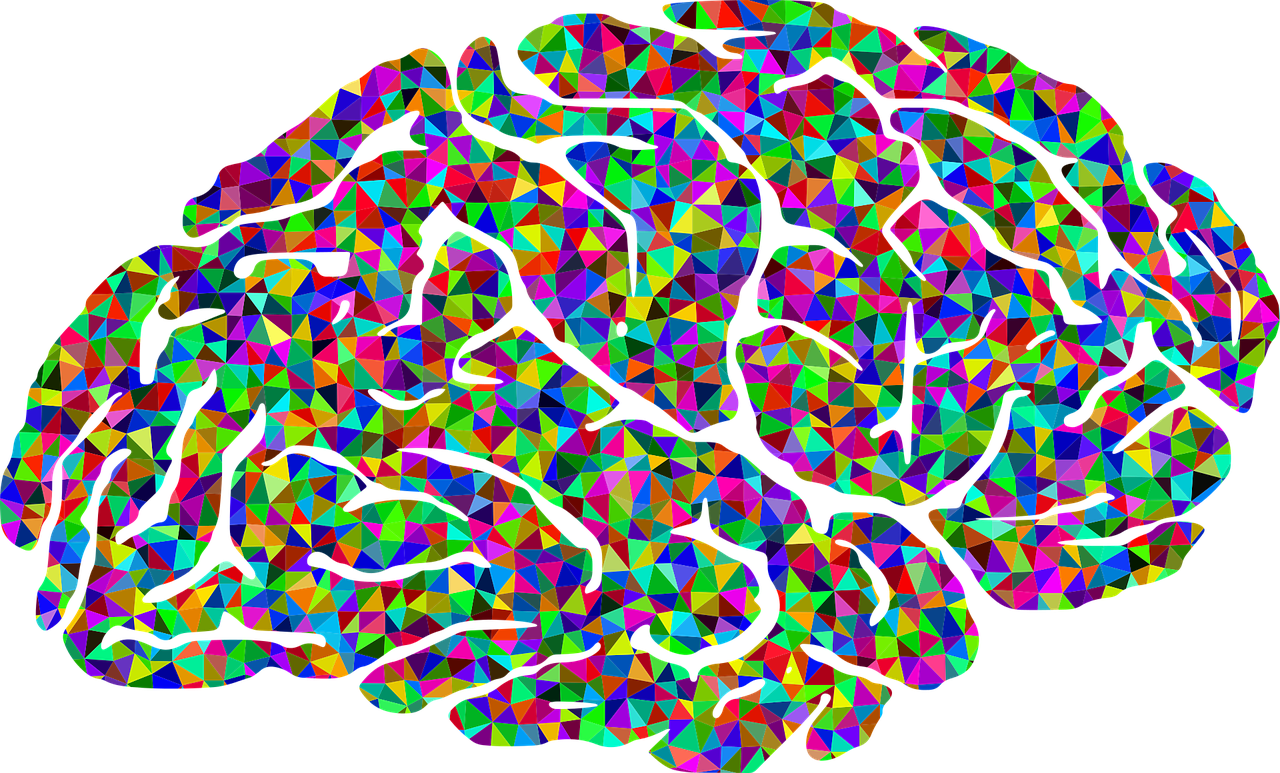Don’t let religion undermine mental health care, NSS warns UN
Posted: Fri, 5th Aug 2022
The National Secular Society has advised the United Nations to be cautious about mixing religion with mental health care.
The NSS warned of the potential dangers of placing too much emphasis on religion in a submission on draft guidance on mental health from the UN Office of the Higher Commissioner for Human Rights (OHCHR) and the World Health Organisation (WHO).
The OHCHR and WHO are developing joint guidance on mental health and human rights. The guidance aims "to be a resource for countries when considering legislative measures to support the transformation of mental health systems".
It also "seeks to encourage the adoption of laws that promote and protect the human rights of persons interacting with mental health services, support equality and non-discrimination".
In its submission, the NSS highlighted how undue emphasis on religion can undermine mental health care:
- The guidance said mental health services should provide care that is "appropriate to, and consistent with, people's cultural and spiritual beliefs and practices". The NSS said that while cultural and spiritual sensitivity is "important in all healthcare", it warned the guidance could lead to problems where a person's religious beliefs "conflict with established best practice in mental health care". It said the guidance should stress that religious practices or beliefs that demonstrably harm mental health "should be challenged, rather than affirmed, by mental health workers".
The NSS also warned the term "spiritual beliefs" may exclude people with nonreligious beliefs, creating an asymmetric duty of care in favour of religious over nonreligious people. It said pastoral care in a number of UK settings, including the army and prisons, already discriminates against nonreligious people.
- The guidance advocated promoting the provision of "a range of community-based mental health services". While the NSS supported this, it cautioned against policies encouraging closer integration of faith-based services into general mental health care provision "without firm safeguards in place". It cited examples of Christian-based services for those struggling with addiction which had compelled users to take part in religious worship.
- The guidance said the "explicit use of a reductionist Western biomedical model in mental health law" was a "concern" and suggested mental health care should embrace "different cultural conceptions and approaches". The NSS warned this approach should not lead to policies which reject objective, scientific and evidence-based healthcare in lieu of 'alternative medicine' models that are "not supported by evidence and may be based on religious views".
- The guidance said "relevant communities" should be "engaged and consulted in the design and implementation of mental health services". The NSS advised caution when engaging with communities via 'community leaders' who "frequently have very different views from the people they claim to represent" and may be motivated to promote conservative religious values. It said community engagement seek the views of "a wide range of members of the community, including those who are marginalised and those who dissent from the views of 'community leaders'".
- The NSS agreed "unnecessary and irreversible medical or surgical treatment" on intersex children without their informed consent should be banned. It added that the same rights should be extended to male children by protecting them from non-consensual religious or cultural circumcision. It said forcibly circumcising children was associated with "various physical and psychological difficulties".
NSS: "Some religious practices and beliefs can harm, rather than help, mental health"
NSS head of campaigns Megan Manson said: "While the OHCHR and WHO's draft guidance has many positive recommendations, we are concerned that some aspects may pave the way for religious interference that is detrimental to mental health care.
"It is important to recognise some religious practices and beliefs can harm, rather than help, mental health.
"Ultimately, mental health care should be based on firm empirical evidence on what is genuinely beneficial. Where religious or cultural practices may harm people, practitioners should be empowered to point this out and reject them."
Religious dogma shouldn't interfere with your healthcare
We campaign to protect patients from the harm caused by the imposition on them of other people's religious values, and advocate for a secular approach to current healthcare issues. Please consider a donation, from as little as £1 a month, to help support our work in this area.
P.S. make sure to check out the related campaigns below.


